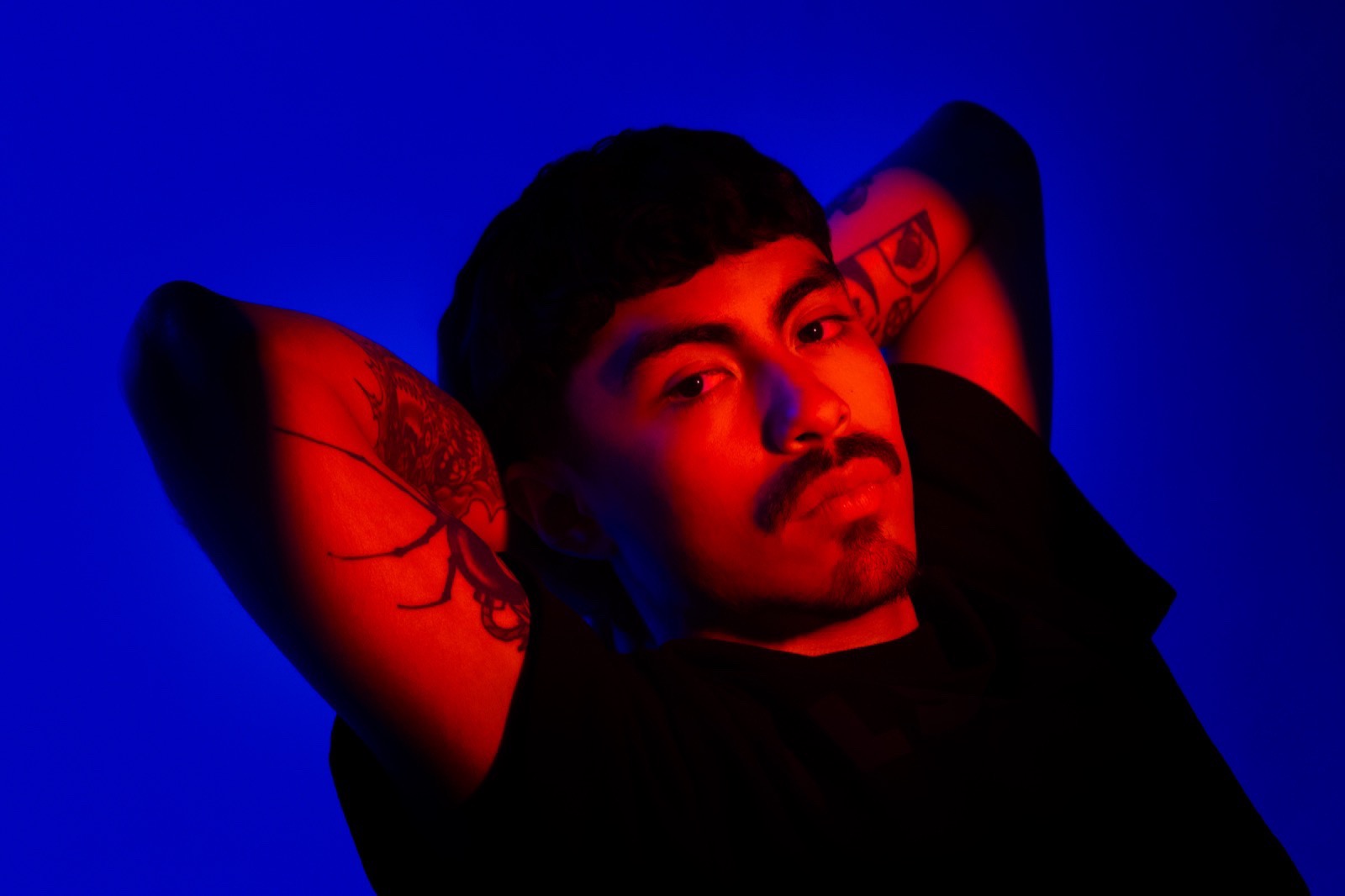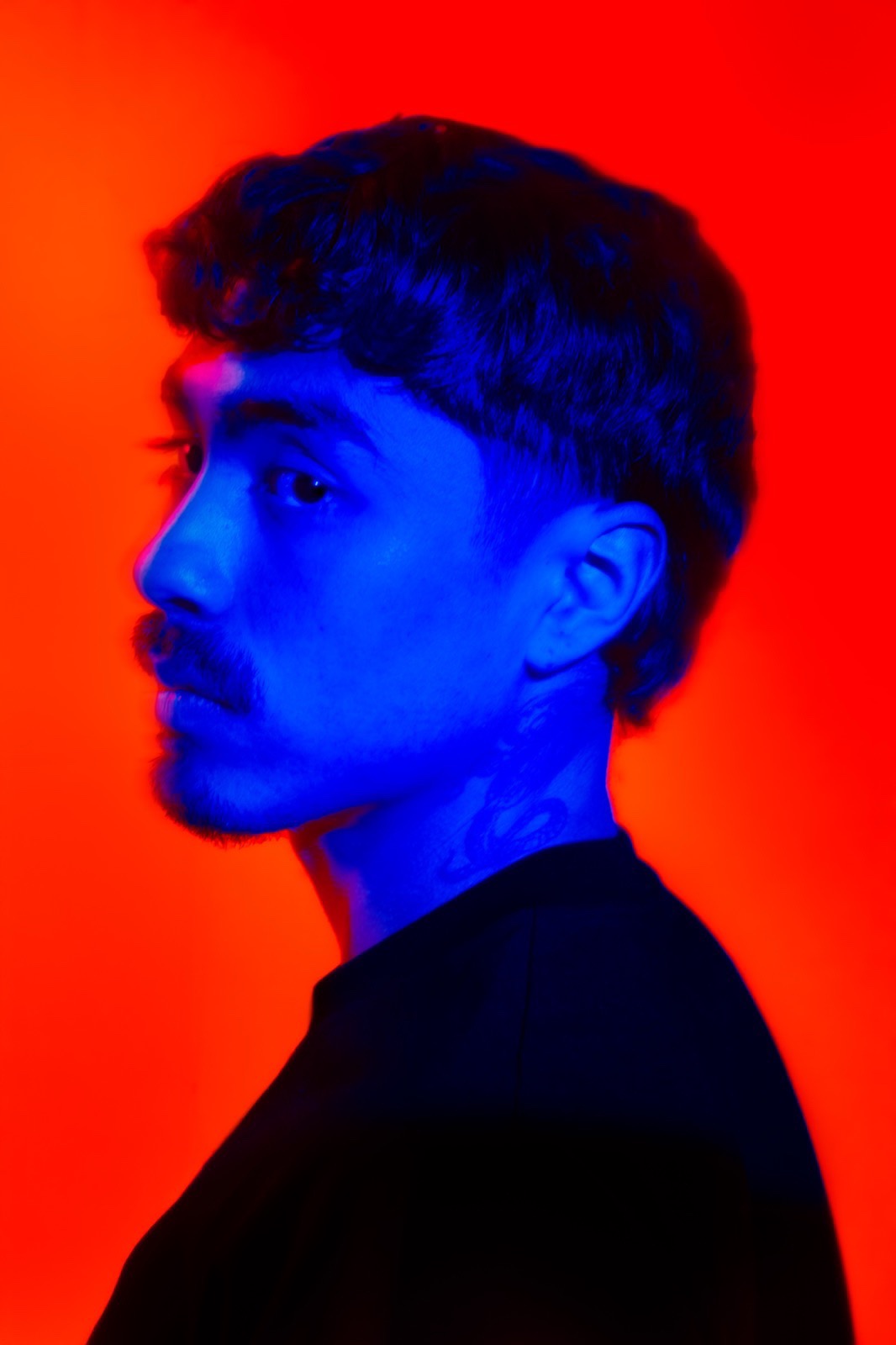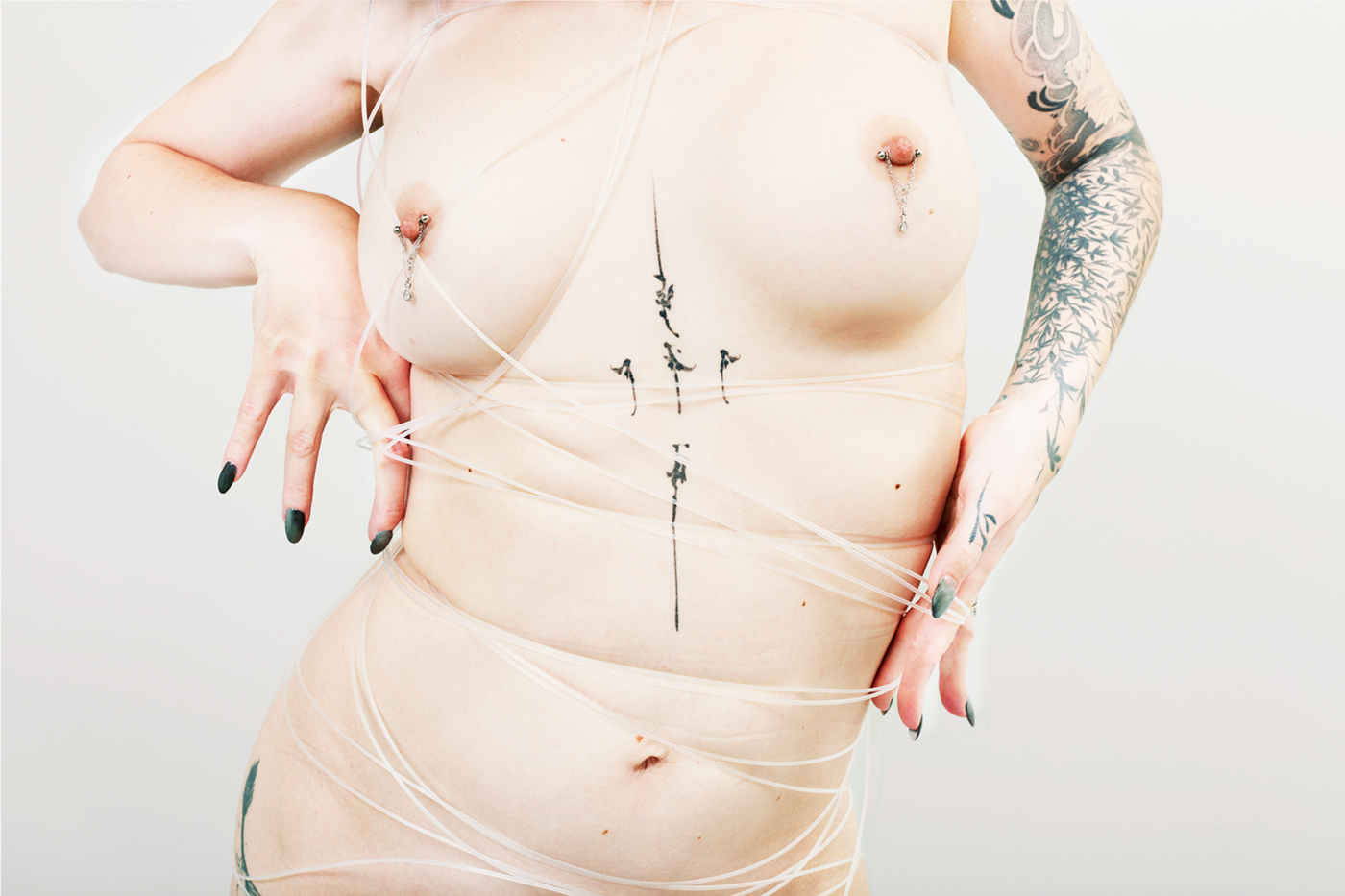Hold On sat with you for a while before its release. Why did you wait to put it out, and why was now the right time?
Honestly, there wasn’t a deep reason for holding onto it. I was just waiting for TRIBE to be ready so I could release it under the label. It felt like the right moment once everything was in place to share it with the world.
You’ve said the track carries both resilience and euphoria. Where did those feelings first come through when you were building it?
Those feelings really came through the harmony of the track. I built it around memories from this past year and the emotions I was going through during a difficult time. The balance between struggle and hope found its way into the chords and melodies, giving the track its energy.
You’ve called Hold On one of your personal favourites. What makes it so close to you, and what do you hope someone feels when they hear it for the first time?
It feels close to me because it came from a very honest place. I made it during a moment where I was going through a lot emotionally, and instead of pushing those feelings away, I tried to put them into the music. It’s like a reflection of that time, but also a reminder to keep going.
When someone hears it for the first time, I hope they carry a sense of comfort with them. Even if you’re going through something, there’s always something, or someone you can hold on to. And sometimes just feeling that through a track is enough to keep moving forward.
TRIBE is still in its early days but feels very intentional. What’s the vision behind it, and what guides the sound you’re shaping?
Even though TRIBE is still in its early days, the vision behind it has been clear from the start. It’s about creating a space where emotion, identity, and raw energy all come together. We’re not chasing trends, we’re focused on music that feels honest.
It’s about giving artists the freedom to experiment, to be vulnerable, and to push their sound without boundaries. When shaping the label, it’s less about fitting into a genre and more about how the music makes you feel.
Your breakout moment was Phonky Tribu. What has stayed consistent in your sound since then, and what has evolved?
Melody has always been the core of my music, that’s how I try to make people feel something without needing any words. That part hasn’t changed, even as things have grown. What has shifted is the tempo. When I first started, I was producing a lot faster, around 160 BPM. These days, I’ve slowed things down a bit to around 145–148 BPM, which gives the tracks more space to breathe and more emotional depth. But the essence is still the same: music that connects.







